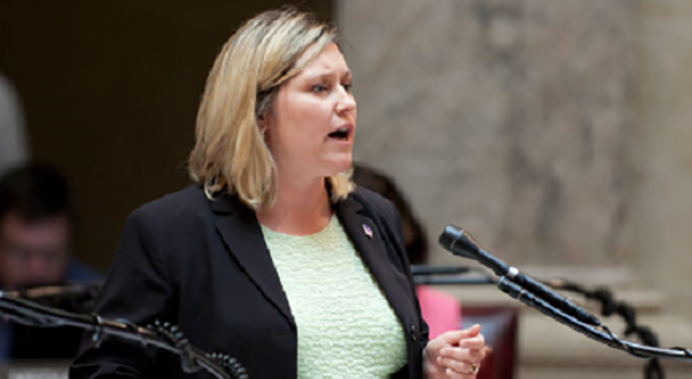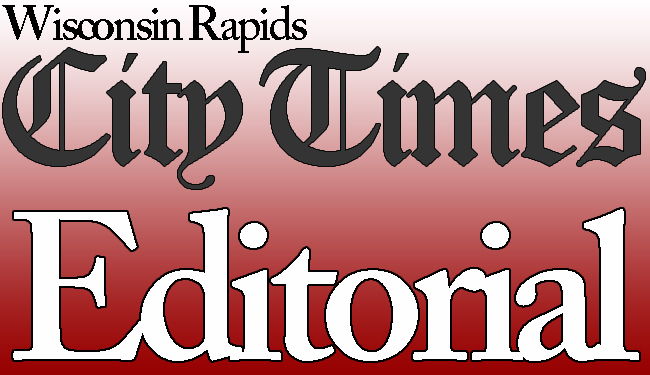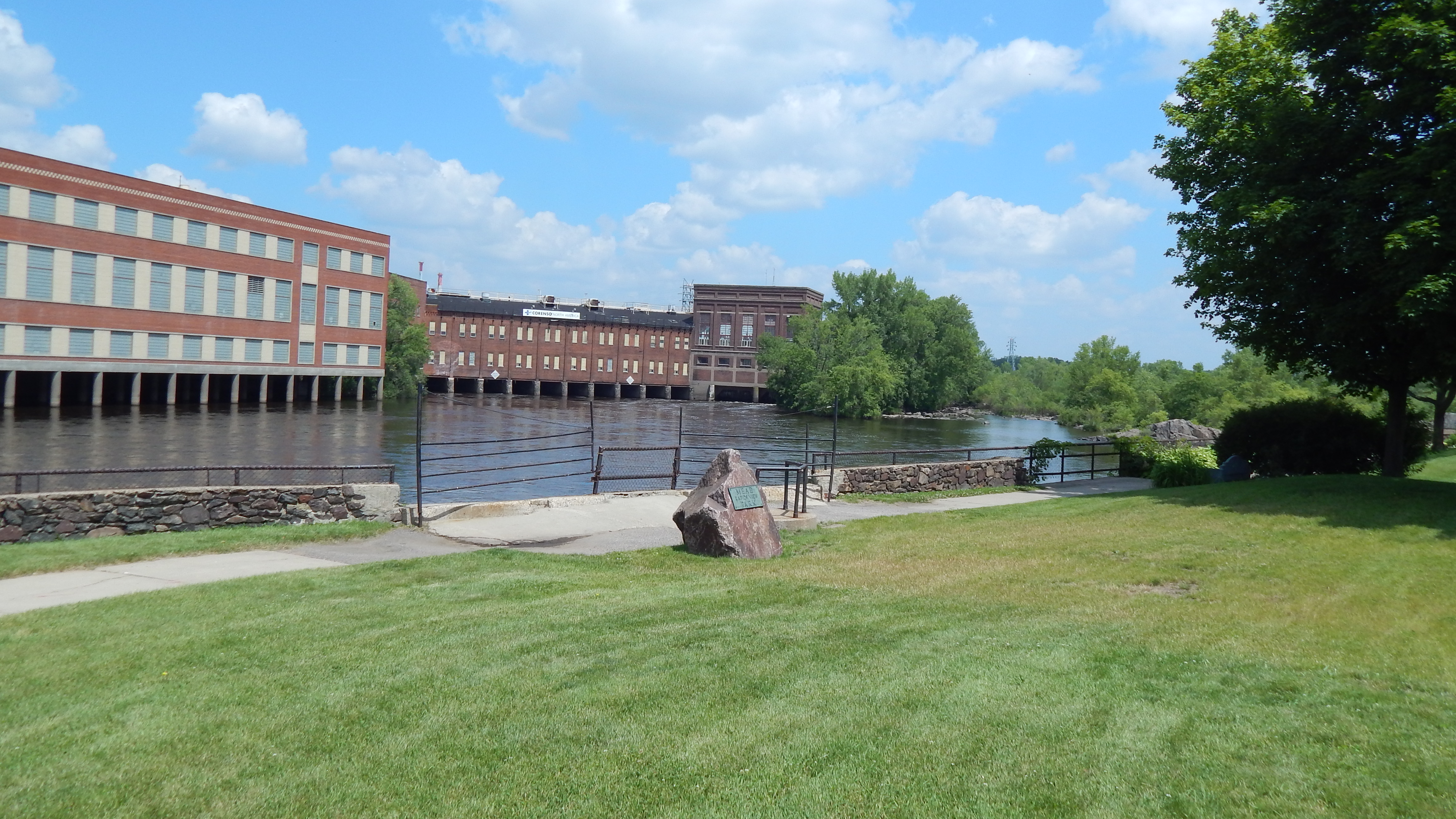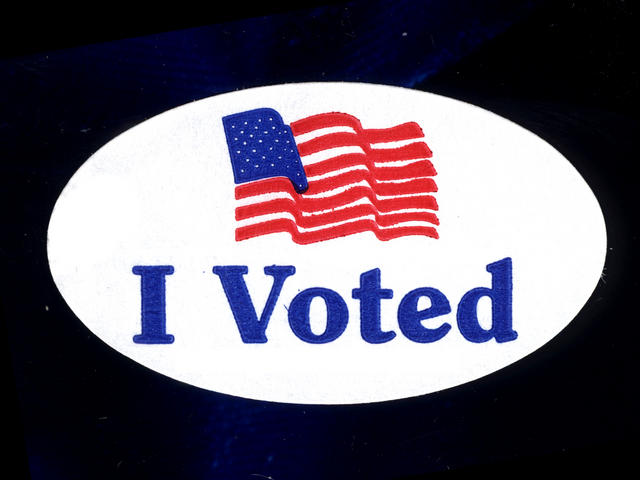Lassa Column: Wisconsin’s Conservation Laws Must Be Enforced

For the City Times
By State Senator Julie Lassa
One thing that brings us together as Wisconsinites is our love of the outdoors.
From conservation pioneers like Aldo Leopold to conservation-minded governors like Warren Knowles and Gaylord Nelson, Wisconsin people of all political persuasions have understood our responsibility to preserve our forests, grasslands, waterways and wetlands for our children and grandchildren to learn from and enjoy.
We also value having clean water to drink and clean air to breathe. That’s one reason that Wisconsin has traditionally been a leader in enacting sound conservation management policies.
Some figures reported recently by the Wisconsin Wildlife Federation are causing many to question whether state policy makers are still committed to Wisconsin’s conservation heritage. The conservation group obtained data from the Wisconsin Department of Justice revealing that the amount of penalties for environmental violations in 2015 was down sharply.
In fact, the total of just over $300,000 collected was down 78 percent from the year before. That’s less than has been collected in any calendar year going back three decades. And the decreases were across the board, from animal waste violations, to air pollution laws, to altering streams and wetlands, to stormwater runoff violations.
Now, it would be wonderful to believe that the cause of this precipitous drop is that environmental violations came to a sudden halt in 2015, but common sense suggests otherwise. I believe government should work with private sector firms to head off problems before they occur, but even such activities cannot account for this drastic decline.
We know that lakes all over the state are suffering from algal blooms caused by phosphorus pollution and are seeing a proliferation of invasive species. Drinking water in private wells in northeast Wisconsin has been contaminated with dangerous levels of nitrates. And there are challenges to our air and water resources in other parts of the state, including western and central Wisconsin. Whatever is behind this sudden drop in prosecuting violators, a dramatic decrease in violations is probably not the cause.
Unfortunately, this data is far too consistent with other actions by the Walker administration that have backed away from Wisconsin’s conservation values. Recent budgets have slashed the Stewardship Program and required the Department of Natural Resources to sell off forests and streams that were open to public access for activities like hunting, fishing, and hiking.
Eighteen scientist positions were eliminated from the DNR, despite the fact that most were federally funded, not to save money but because politicians had an axe to grind. Newly signed laws have rolled back the ability of counties and municipalities to protect their local waters and wetlands. In this context, it’s not unreasonable to ask if the lack of penalty collections is the result of an intentional lack of inspections, enforcement actions, or both.
We don’t know why enforcement collections were off so wildly in 2015 – but the people of Wisconsin deserve answers. Our conservation laws can only be effective in protecting our natural heritage if they are enforced. Furthermore, a perception that state government is being lackadaisical in enforcement will only encourage would-be violators to break the law.
This is about more than simply enjoying the outdoors; failure to uphold our clean air and clean water standards could result in a public health calamity. If the administration does not investigate whether our conservation laws are being adequately enforced, the Legislature’s Joint Audit Committee should demand an investigation of its own.
The natural beauty of Wisconsin is a gift, one that was handed down by generations of our forebears who preserved it for us. We have a duty and a responsibility to pass this gift along to our children and grandchildren, so that our state’s natural heritage, along with our clean air and water, can be enjoyed by future generations of Wisconsin citizens.





